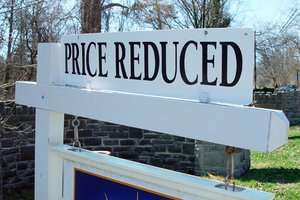First Impressions: Door Decor for Fall
Make a great first impression for trick-or-treaters and guests this season by decorating your door with festive flair. Incorporate wreaths, pumpkins, and other symbols of the season.

1. Wreaths: Buy or DIY a wreath made of leaves, fruit, and fall flowers. Hang your wreath on the front door to create a colorful, welcoming, and engaging entrance.
2. Pumpkins: Pumpkins are practically the mascots for fall. Aside from a classic wreath, there is no better way to decorate than using pumpkins. Carving or painting pumpkins can be a fun activity for you and your family. Gather together to decorate the pumpkins and place them on your steps. (Don’t forget to roast the seeds for a delicious snack.)
3. Fall flowers: Plant or display fall flowers such as perennial sunflowers and chrysanthemums. They’ll add a colorful and fragrant touch to your doorway.
4. Farm stand baskets: Place a farm stand basket filled with colorful fruit, leaves, and dried corn stalks on your front porch to show your love for fall. If you’re skeptical about leaving perishables such as pumpkins or gourds outside, this is a great alternative. You can use fake fruit and leaves that still give off a natural, autumn look.
5. Spooky elements: Delight neighborhood trick-or-treaters by transforming your door so that it looks like an entrance to a haunted house. Buy fake cobwebs, plastic spiders, witches hats, and other frightening finds.
Get into the fall spirit by adding color, texture, natural elements, and a spooky surprise to your front door. Now just grab a pumpkin spice latte, your favorite cozy sweater, and get started.
